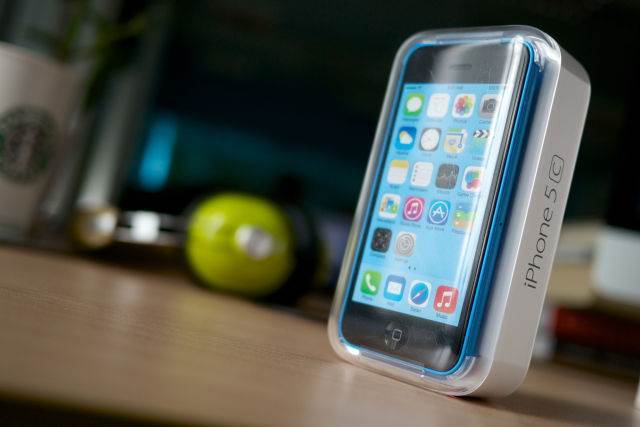
(credit: Kārlis Dambrāns)
In its final court filing before oral arguments that are scheduled for next week, Apple argued that the government’s interpretation of an obscure 18th-Century law goes too far, and it should not be able to authorize the forced creation of a customized iOS firmware to aid in the opening of a seized iPhone.
In a Wednesday call with reporters, Apple lawyers said that this case is serious and has profound implications. The company largely re-iterated many of its previous arguments in earlier filings, ending with this conclusion:
The government’s position has sweeping implications. Under the government’s view, the state could force an artist to paint a poster, a singer to perform a song, or an author to write a book, so long as its purpose was to achieve some permissible end, whether increasing military enrollment or promoting public health.
Last month, the government obtained an unprecedented court order under the All Writs Act, an obscure 18th-Century statute, which would compel Apple to assist in the government’s investigation. If the order stands up to legal challenges, Apple would be forced to create a new customized iOS firmware that would remove the passcode lockout on the phone. Apple has said both publicly and in court filings that it will fight the order as much as possible, and the company has drawn support from many cryptographers, tech companies, and even the husband of a survivor of the attack.
Read 1 remaining paragraphs | Comments
![]()





